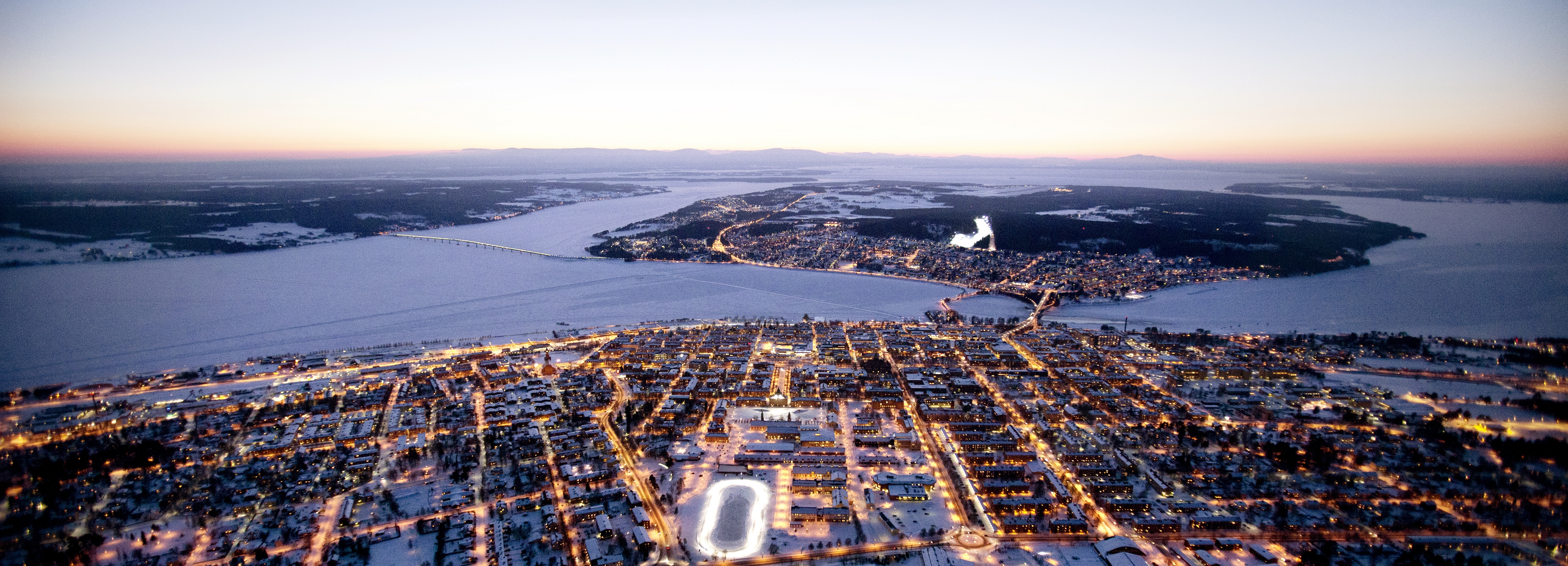
Community response to crises and disasters: from preparedness to practices Passed
Thursday September 23, 2021 13:30 - 15:00 C
Workshop leaders: Olof Oscarsson, Roine JohanssonPresenters: Cornelia Posch, Elaine Donderer, Linda Kvarnlöf, Veronica Strandh
- When resources aren't enough: Rural (disaster) volunteerism as a compensatory act, Linda Kvarnlöf
- Delaware Public Libraries in Times of COVID-19. How branch libraries in Sussex County adapted their programming to support their communities, Cornelia Posch
- A geospatial web app to localize disaster risk management through open-source data collection, sharing, and mapping, Elaine Donderer, Isabella Krause, Dr. Serdar Turkeli, Ulrike Krüger, Noa Zogo Ayissi
- Crisis volunteerism during the Covid-19 Crisis - exploring adaptation processes, Veronica Strandh
Panel description
Many disasters, such as wildfires, floods and terrorist attacks, have a fairly localized impact area, even if the ultimate causes of the event may be of a more global character. In such cases, community response, outside the realm of the professional responders that are commonly considered the ‘core’ of crisis management, can express itself in a variety of forms:
Volunteers of different kinds have perhaps received the lion’s share of scholarly attention. They may assist the professional responders, but may also work independently in a more unofficial response operation. They may be members of voluntary emergency organizations such as The Red Cross, but they may also lack an organizational affiliation and work together in informal groups.
Volunteers are not the only actors appearing in community response. When a crisis occurs, its effects often have to be dealt with by people performing their ordinary work during extraordinary circumstances. For example, teachers have to teach their pupils even if the school has been burnt down. This kind of practice in crisis management has not until recently been recognized in the literature.
Another kind of community activities taking place outside the official system of emergency preparedness and response is household preparedness, i.e., preparations for crises undertaken by individuals or families in their own homes. A closely related type of activities is carried out by people living in the vicinity of a disaster area, sometimes under threat of having to evacuate their homes.
In this panel, the abovementioned, and other similar, local actors and activities are grouped together under the heading of “Community response”. Many interesting research questions on this topic deserve scholarly attention. Just to take one example: Volunteers during crises are increasingly attracting the attention of governments and actors in the official national systems for civil protection and preparedness. This has led to attempts, in several countries, to organize the less organized community response actors. But is everything possible to organize? What will happen to people’s commitment to make voluntary contributions for the community, if they are turned into service providers for the government rather than community members helping one another?
Related products
Lecturers
Olof Oscarsson Workshop leader
PhD student
Mid Sweden University, RCR
Roine Johansson Workshop leader
Mid Sweden University
Cornelia Posch Presenter
PhD Student, Graduate Research Assistant
University of Delaware, Disaster Research Center
Elaine Donderer Presenter
Student of Disaster Risk Reduction and Sustainable Development
Homa Reto - The Human Network
Linda Kvarnlöf Presenter
PhD Sociology
Mid Sweden University
Veronica Strandh Presenter
Department of Political Science, Umeå University